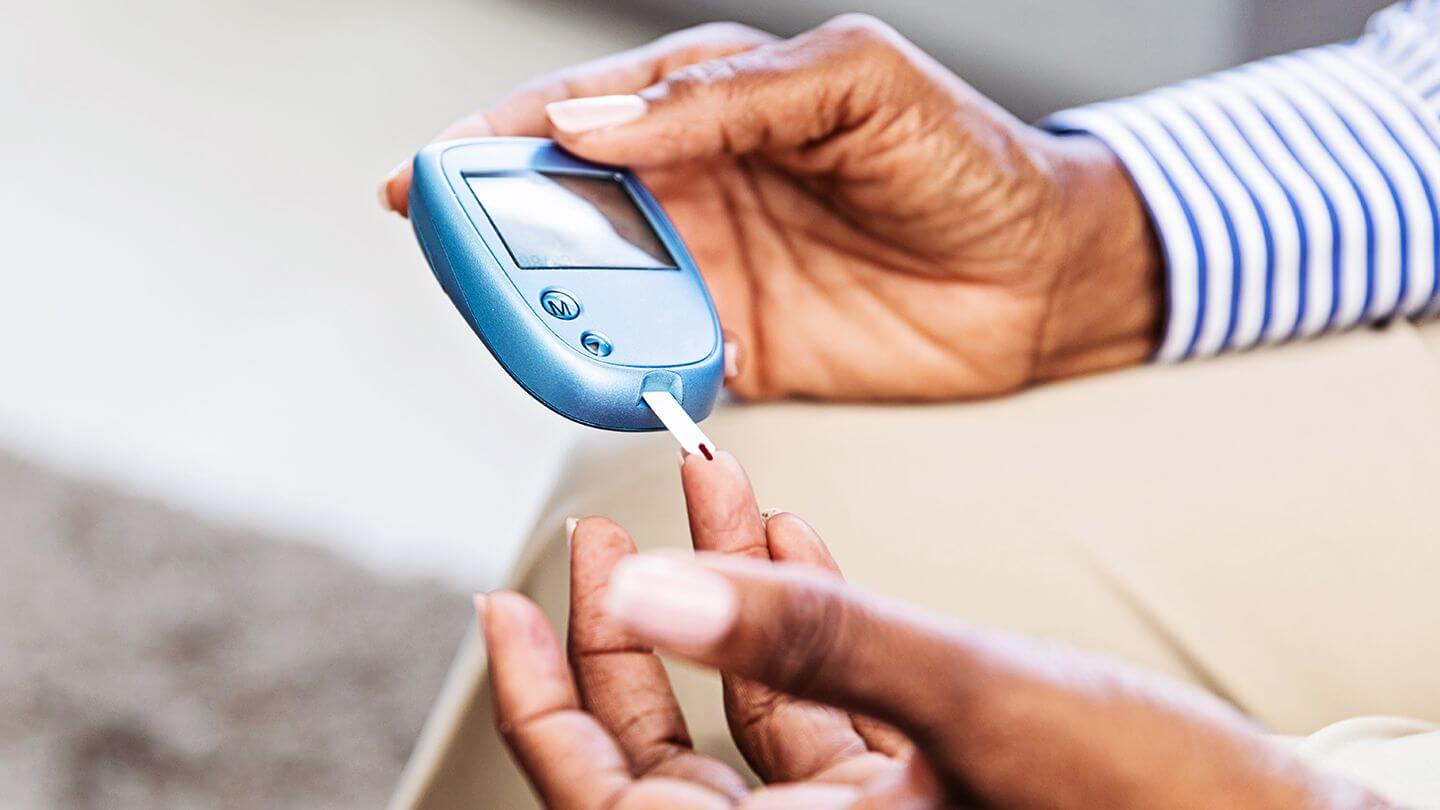5 simple tips to manage pre-diabetic conditions
Tue 23 Apr 2024, 00:31:31

Living with pre-diabetes can be challenging, but it doesn't have to be overwhelming. With the right strategies, you can effectively manage your condition and reduce the risk of developing type 2 diabetes. By incorporating some simple tips into your daily routine, you can take control of your health and reduce the risk of developing type 2 diabetes. From including a balanced diet to seeking adequate sleep, here are five simple tips to help you navigate pre-diabetic conditions and maintain a healthy lifestyle.
Adopt a Balanced Diet
One of the most crucial steps in managing pre-diabetes is to adopt a balanced diet. Focus on incorporating plenty of fruits, vegetables, whole grains, and lean proteins into your meals. Limit your intake of refined sugars, saturated fats, and processed foods, as these can spike blood sugar levels. Aim for smaller, more frequent meals throughout the day to keep your blood sugar stable.
Regular Physical Activity
Exercise plays a vital role in managing pre-diabetic conditions. Aim for at least 30 minutes of moderate-intensity exercise, such as brisk walking, cycling, or swimming, most days of the week. Incorporating strength training exercises into your routine can also help improve insulin sensitivity and lower blood sugar levels. Find activities that you enjoy and make them a regular part of your daily routine.
Maintain a
Healthy Weight
Healthy Weight
Maintaining a healthy weight is essential for managing pre-diabetes and reducing the risk of developing type 2 diabetes. Aim for gradual weight loss if you're overweight or obese, as even a modest reduction in weight can significantly improve insulin sensitivity. Focus on making sustainable lifestyle changes, such as portion control, mindful eating, and regular physical activity, rather than quick-fix diets.
Monitor Blood Sugar Levels
Regular monitoring of blood sugar levels can help you track your progress and make necessary adjustments to your lifestyle. Your healthcare provider may recommend a target range for fasting blood sugar levels and haemoglobin A1c levels. Keep a log of your blood sugar readings and discuss them with your healthcare team during regular cheque-ups. Monitoring your blood sugar levels can also help you identify patterns and make informed decisions about your diet and exercise routine.
Manage Stress and Get Adequate Sleep
Stress and lack of sleep can have a significant impact on blood sugar levels and insulin sensitivity. Practice stress-reducing techniques such as deep breathing, meditation, yoga, or spending time in nature. Aim for 7-9 hours of quality sleep each night, as inadequate sleep can disrupt hormone levels and lead to insulin resistance. Prioritise self-care and make time for activities that help you relax and unwind.
No Comments For This Post, Be first to write a Comment.
Most viewed from Health
AIMIM News
Latest Urdu News
Most Viewed
May 26, 2020
Do you think Canada-India relations will improve under New PM Mark Carney?
Latest Videos View All
Like Us
Home
About Us
Advertise With Us
All Polls
Epaper Archives
Privacy Policy
Contact Us
Download Etemaad App
© 2025 Etemaad Daily News, All Rights Reserved.






























